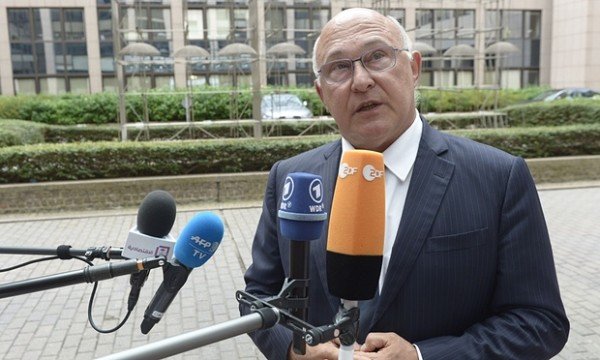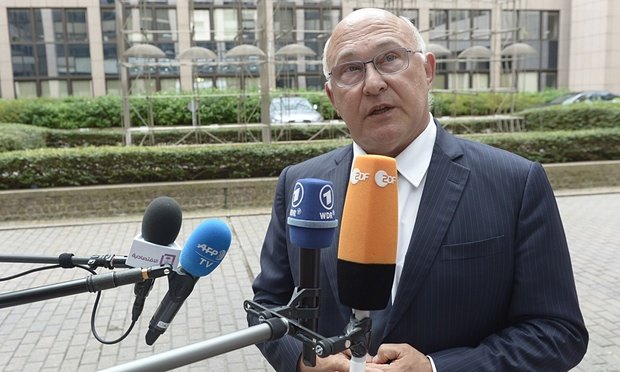Eurogroup has agreed a third bailout deal for Greece after the Greek parliament backed the plan.
European Commission President Jean-Claude Juncker said the deal sent a message “loud and clear” – Greece will stay in the eurozone.
The agreement demands tax rises and more tough spending cuts in return for Greece’s third bailout in five years.
The deal means new loans of up to €86 billion ($95 billion) will be made available over the next three years.
It comes at a heavy political price for Greek PM Alexis Tsipras, who has faced a rebellion in his left-wing Syriza party.
More than 40 Syriza MPs voted against him when parliament decided on the bailout agreement on Friday, after all-night talks.
Reports in Greece suggest he will seek a vote of confidence in parliament next week, bringing the prospect of snap elections closer.
Announcing the “comprehensive and ambitious reform package”, Eurogroup chairman Jeroen Dijsselbloem said: “All the intense work of the past week has paid off.
“If implemented with determination, the deal will allow the Greek economy to return to growth.”
He added: “Of course there were differences, but we have managed to solve the last issues.”
Jean-Claude Juncker said: “The past six months have been difficult. They have tested the patience of policy-makers and they have tested the patience of our citizens even more.
“Together, we have looked into the abyss. But today, I am glad to say that all sides have respected their commitments.”
He added: “The message of today’s Eurogroup is loud and clear: on this basis, Greece is and will irreversibly remain a member of the euro area.”
Before the first tranche of around €26 billion can be disbursed around August 20 there will have to be a series of votes in national parliaments across Europe.
Greece must repay about €3.2 billion to the European Central Bank (ECB) on August 20.
Eurogroup finance ministers also confirmed that the thorny issue of writing off some of the Greece’s debts would be considered in the autumn.
This has been a crucial demand of both Alexis Tspiras and the IMF, which says it will only contribute if there is some form of debt relief.
https://www.youtube.com/watch?v=9khLBf-tuaU
